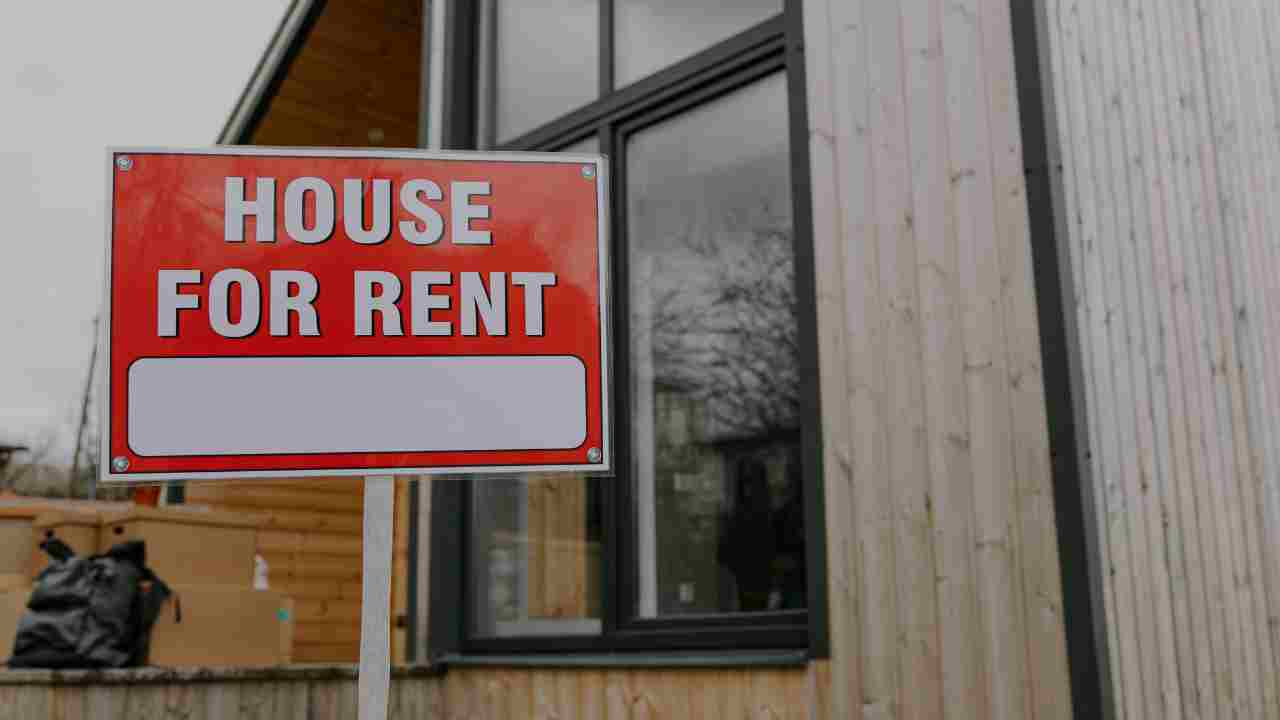Wichita, KS – With rising housing costs across the country, many Kansas renters are wondering how much protection they have from rent hikes in 2025. Unlike some states, Kansas does not have statewide rent control laws, giving landlords wide authority to raise rent. However, there are important rules around notice requirements, lease terms, and protections against unfair increases that every tenant should understand.
No Rent Control in Kansas
Kansas remains a landlord-friendly state, meaning there is no cap on how much rent can be increased. Landlords may raise the rent by any amount they choose, but the timing and manner of the increase depend on the type of lease in place.
- Month-to-Month Leases: Landlords must give tenants at least 30 days’ written notice before the increase takes effect. This notice cannot be verbal—it must be provided in writing.
- Fixed-Term Leases: Rent cannot be raised during the lease term unless the contract specifically allows for it. In most cases, increases only take effect at the end of the lease or during renewal.
Notice Requirements
A rent increase without proper notice is not enforceable. Under Kansas law, the 30-day written notice rule applies to month-to-month rental agreements, ensuring tenants have adequate time to decide whether to accept the increase or seek alternative housing.
For tenants on fixed-term leases, landlords must wait until the current lease expires unless the lease itself includes a clause allowing mid-term adjustments.
Protection from Retaliation and Discrimination
Even though Kansas landlords have flexibility, they cannot raise rent for illegal reasons. According to Huron Insider, Rent increases are prohibited if they are motivated by:
- Discrimination – based on race, color, religion, sex, disability, family status, or national origin under the Fair Housing Act and Kansas Human Rights Act.
- Retaliation – for example, raising rent after a tenant files a health or safety complaint, joins a tenant union, or exercises other legal rights.
If a rent increase is proven retaliatory or discriminatory, tenants have legal grounds to challenge it.
Read Also: Minnesota Rent Laws 2025: How Much Can Your Landlord Raise Rent?
Market Factors as a Natural Limiter
While there is no legal cap, market forces often limit extreme rent hikes. Landlords who raise rent too aggressively risk losing tenants to competing properties. This balance means that although the law allows broad discretion, practical limits are imposed by supply, demand, and affordability in local markets such as Wichita, Topeka, and Kansas City.
What Tenants Should Do
Tenants should always:
- Request written notice of any rent increase.
- Review lease agreements carefully for clauses about rent changes.
- Document potential retaliation, especially if rent rises after a complaint or dispute.
- Consult tenant rights groups or legal aid if they believe the increase violates state or federal protections.
Kansas Rent Increase Rules at a Glance
| Rule/Protection | What It Means for Tenants in 2025 |
|---|---|
| Rent Control | None – no statewide cap on rent increases |
| Month-to-Month Lease | Landlords must give 30 days’ written notice before an increase |
| Fixed-Term Lease | Rent cannot be raised mid-lease unless the contract allows it |
| Retaliatory Increases | Illegal – tenants are protected from retaliation |
| Discriminatory Increases | Illegal under Fair Housing and Kansas law |
| Market Limitations | Rent hikes often kept in check by tenant demand and affordability |
Final Takeaway
In Kansas, landlords have wide flexibility to raise rent in 2025, but they must provide proper written notice and cannot do so for retaliatory or discriminatory reasons. Tenants on fixed-term leases are protected from mid-lease increases unless otherwise stated in the contract.
While the lack of rent control makes Kansas more favorable to landlords, tenants still have important safeguards that ensure fairness, transparency, and protection against unlawful rent hikes.
Are you a Kansas renter facing a rent increase this year? How has it affected you? Share your experience in the comments on ibwhsmag.com and join the conversation with other tenants across the state.


 by
by 

